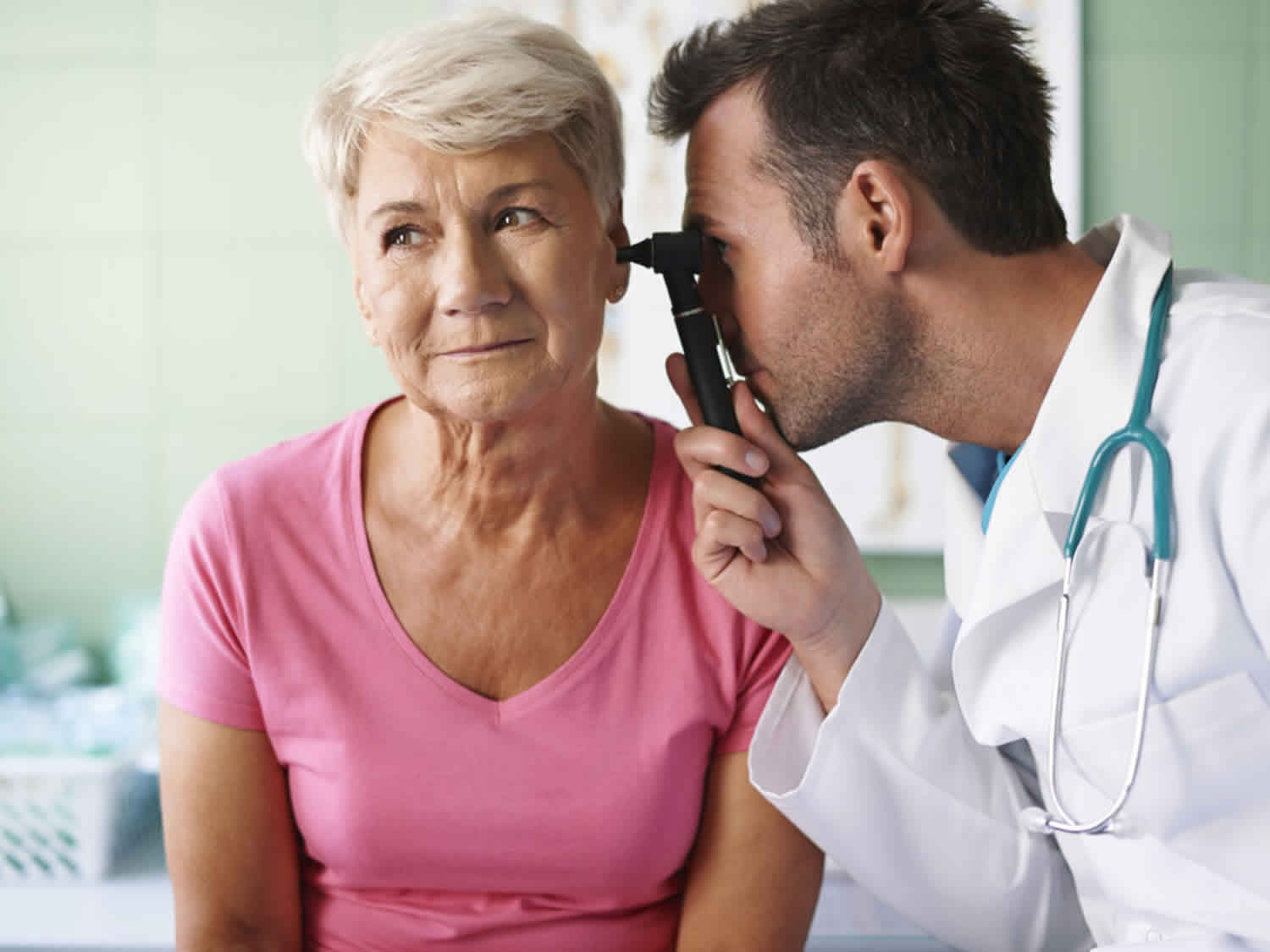What is otorrhea
Otorrhea means ear discharge. Your ear canal should be dry and clean in its natural state. Most of the time, any fluid leaking out of an ear is ear wax (liquid cerumen). Cerumen is the oil and solid materials you produce naturally to prevent dust and bacteria from getting into your ears. Discharge from ear except for ear wax is always pathological and abnormal.
Otorrhea indicates inflammation of the external or middle ear or both. The otorrhea may be clear, bloody (sanguinous), mucoid, or purulent. Discharge from ear can lead to ear infections and loss of hearing, and is very common in children.
A ruptured eardrum can cause a white, slightly bloody, or yellow discharge from the ear. Dry crusted material on a child’s pillow is often a sign of a ruptured eardrum. The eardrum may also bleed.
Causes of a ruptured eardrum include:
- Foreign object in the ear canal
- Injury from a blow to the head, foreign object, very loud noises, or sudden pressure changes (such as in airplanes)
- Inserting cotton-tipped swabs or other small objects into the ear
- Middle ear infection
Other causes of ear discharge include:
- Eczema and other skin irritations in the ear canal
- Swimmer’s ear — with symptoms such as itching, scaling, a red or moist ear canal, and pain that increases when you move the earlobe
Fluid discharge from ear usually goes away by itself. But see your doctor if:
- the fluid is white, yellow, or contains blood
- ear discharge has lasted more than 5 days.
- ear discharge is associated with other symptoms, such as fever or headache and a lot of pain
- your ear is swollen or red
- you can’t hear properly
- ear discharge is the result of an injury
- there is loss of hearing
- there is redness or swelling coming out of the ear canal
- you have facial weakness or asymmetry
Figure 1. Ear anatomy
Otorrhea causes
Both infection and trauma produce discharge from ear. The various causes are listed below.
The most common causes of ear discharge 1:
- Liquid low-viscosity cerumen
- Otitis cxterna (swimmer’s car)
- Eczematoid dermatitis
Other common causes of ear discharge:
- Psoriasis
- Neurodermatitis
- Basal cell carcinoma
- Purulent Otorrhea from middle ear disease
- Foreign body (children)
- Furunculois of ear canal
- Previous mastoid or middle ear surgery
- Candida (yeast otitis externa)
Uncommon causes of ear discharge:
- Herpes zoster oticus
- Myringitis bullosa
- Malignant otitis externa (pseudomonas infections in diabetes)
- Otomycosis (true fungus, not Candida)
- Radiation therapy to the cranial area
- Squamous cell carcinoma
- Old temporal bone trauma or surgery with CSF Otorrhea
- Impacted keratosis of ear canal
Rare causes of ear discharge:
- Benign and other malignant tumors of canal
- Middle ear tumors
- Perichondritis
- Tuberculosis or other granulomatous disease
Discharge from ear diagnosis
Your doctor will perform a physical exam and look inside the ears. You may be asked questions, such as:
- When did the ear drainage begin?
- What does it look like?
- How long has it lasted?
- Does it drain all the time or off-and-on?
- What other symptoms do you have (for example, fever, ear pain, headache)?
Your doctor may take a sample of the ear drainage and send it to a lab for examination.
Your doctor may recommend anti-inflammatory or antibiotic medicines, which are placed in the ear. Antibiotics may be given by mouth if a ruptured eardrum from an ear infection is causing the discharge.
Ear discharge treatment
Treatment for fluid discharge from ear will depend on what is causing the problem.
Ear infections in children usually clear up in a couple of days without treatment. Because they are often caused by a virus rather than by bacteria, antibiotics may not work. Usually children with otitis media are given pain relief for 48 hours and then antibiotics only if the symptoms have not cleared up. If you have a child who is unwell with vomiting and fever, if they are under 6 months old, your doctor may prescribe antibiotics more quickly.
Usually injuries to the ear heal without being treated. Sometimes you will need to take antibiotics if your doctor thinks there is a risk of infection due to the injury.
Swimmer’s ear needs to be treated to stop the infection from spreading. You will usually need antibiotic ear drops for about a week.
Try to keep the affected ear as dry as possible. If you have an ear infection, you should avoid swimming.
References





